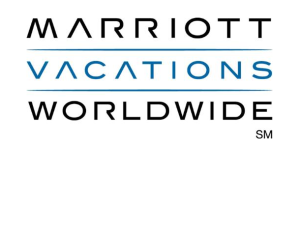Comparing Timeshare Resales with New Timeshares
Saturday, October 10, 2009
Who benefits from owning timeshare? Are timeshare resales really a better deal than new timeshare? To get an idea of whether a new timeshare or a timeshare resale is a good idea for the way you vacation, do a simple comparison.
First, look at what it will cost you over the years you own your timeshare in comparison to your typical vacation spending for lodging. Divide your total expenditure (that’s the down payment, monthly payment, loan costs, and annual fees) by all of the years you plan to own your timeshare.
If the total purchase cost of the timeshare is equal to or less than the amount you would be paying for hotel lodging or vacation home rental during this same twenty-year period, then buying timeshare makes excellent sense for you. And if it is greater than the amount you would anticipate paying for other types of vacation lodging, you might decide that that the convenience of pre-planned, pre-paid vacations is nevertheless worth the additional cost. Many timeshare owners feel that paying in advance during their high-income years for timeshare vacations they will enjoy even during their retirement (and presumably lower income years) is a very smart move.
But what if, instead of paying $17,000 to buy timeshare, you paid only $8,000? What if you paid only $5,000 or even $3,000? Suddenly the economics of timeshare ownership become very different. Instead of a timeshare being a breakeven situation as compared to future vacation expenses, at these lower rates, timeshare becomes genuinely cost effective. And while the average purchase price of a new US timeshare is roughly $17,000 when purchased from the developer, on the timeshare resale market, you can realistically buy timeshare for half or even one-third of this amount.
So how do you actually compare buying new timeshare property with buying timeshare resales?
In many ways, you simply can’t.


